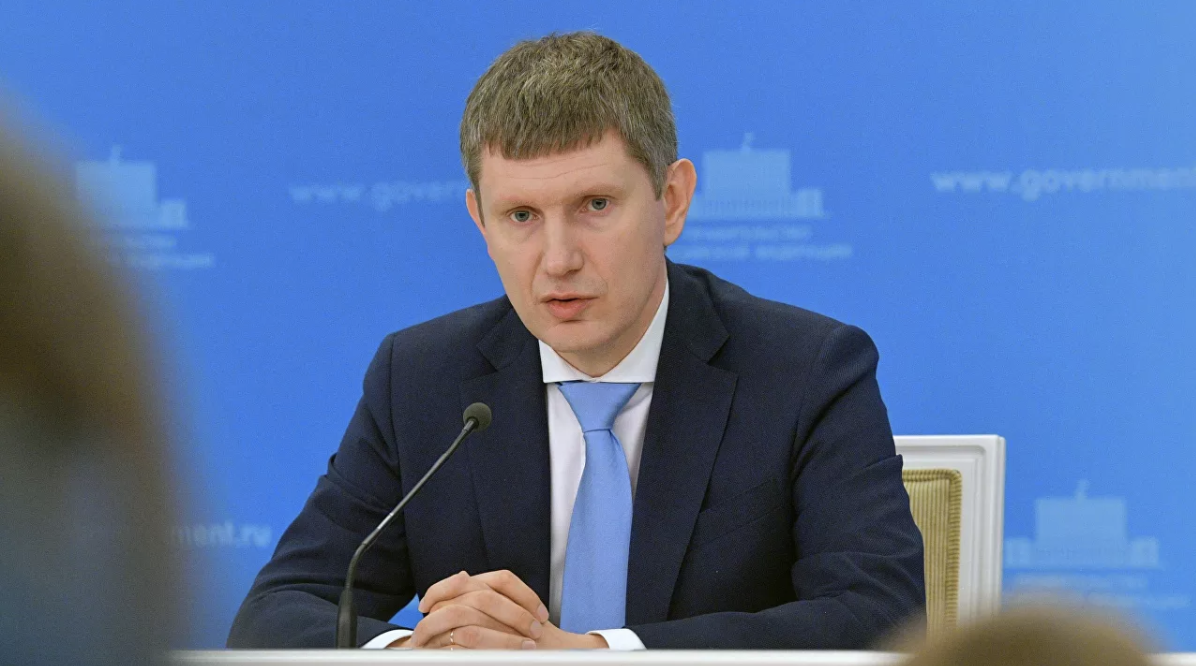The Russian Ministry of Economic Development has revised its inflation forecast for 2021.
As the head of the department Maxim Reshetnikov said on Tuesday, October 12, at the end of the year, consumer prices in the country will be on average 7.4% higher than at the end of 2020.
Earlier, the ministry assumed that the value would be only 5.8%.
According to Reshetnikov, the main influence on inflation is now exerted by the rise in food prices.
First of all, we are talking about the rise in prices for fruits and vegetables and meat, the minister said.
“About 90% (or 1.4 percentage points) of the deviation is explained by food prices, another 0.2 percentage points are accounted for by non-food products.
The main problems of food inflation are on the supply side, ”TASS quotes the minister.
According to the latest estimates of the Ministry of Economic Development, over the past year, cabbage (by 81.5%), potatoes (by 59.1%), carrots (by 35%) and tomatoes (by 31.3%) have risen most significantly among fruit and vegetable products in Russia.
In the list of meat products, prices for chicken rose the most (by 26%), while the cost of pork, beef and lamb increased by 13-14%.
Reshetnikov explained the noticeable rise in prices for vegetables by the lag in harvesting.
The reasons for this situation were unfavorable weather conditions and a shortage of labor in a number of regions under quarantine restrictions.
At the same time, the rise in the price of meat is partly due to an increase in the cost of production, the minister explained.
Head of the Ministry of Economic Development Maxim Reshetnikov
RIA News
In addition to internal factors, the acceleration of inflation in Russia was also influenced by the unstable situation in foreign markets.
This was announced on Tuesday by the press secretary of the President of the country Dmitry Peskov.
“Russia cannot live in a closed loop, it is a participant in international economic life, and trends in the international markets in general, post-crisis volatility are oppressive to prices,” explained Peskov.
Note that over the past year, world food prices have increased by almost a third and in September they reached their maximum level since 2011. Such data are provided by the Food and Agriculture Organization of the United Nations (FAO). According to Dmitry Peskov, Russia manages to "amortize this process, but no country can completely exclude it." Natalya Milchakova, deputy head of the Alpari information and analytical center, expressed a similar point of view in a conversation with RT.
“The rise in inflation in Russia is in line with this global trend.
Despite the fact that we have achieved great success in import substitution of many foreign food products, raw materials and supplies for our agriculture and food industry are still most often purchased abroad.
As a result, the pass-through effect works, that is, producers include an increase in costs for associated costs in the price of finished products, ”Milchakova explained.
According to Maxim Reshetnikov, against the background of the current situation, the government has developed new measures to combat food inflation.
The initiatives will be officially announced in the coming days, the minister added.
At the same time, he stressed that we are not talking about the introduction of export duties or freezing prices for certain goods.
Additional sector subsidies could be an effective initiative to curb inflation.
Pavel Sigal, the first vice-president of the all-Russian public organization of small and medium-sized businesses "Support of Russia", shared this opinion in an interview with RT.
“For example, the state is already allocating funds for the flour-grinding industry and the sector of bakery products - enterprises are compensated for part of the costs of production of products, as a result of which the rise in prices slows down.
This practice can spread to both farmers and meat producers, ”the specialist suggested.
According to Maxim Reshetnikov, inflation in Russia may slow down as a result of the observed strengthening of the ruble and the actions of the Central Bank.
Recall that since the beginning of 2021, the Central Bank, as part of the fight against price increases, has already raised the key rate five times and brought it to the level of 6.75% per annum.
Moreover, experts highly assess the likelihood of new rate hikes before the end of the year.
“Raising the interest rate of the Central Bank is an effective measure to curb inflation and, in some cases, even reduce it.
This mechanism works because high interest rates allow to reduce the excess amount of money in circulation and send it to banks for deposits, ”explained Natalya Milchakova.
According to her, by the end of 2021, the key rate of the Central Bank may reach the level of 7.5-8% per annum.
Such actions of the Central Bank will allow to somewhat cool down consumer activity in the country, which should lead to a slowdown in inflation, the expert said.
“In general, today the authorities expect inflation to decrease in the second half of 2022.
We believe that this forecast will come true with a high probability, ”concluded Milchakova.

